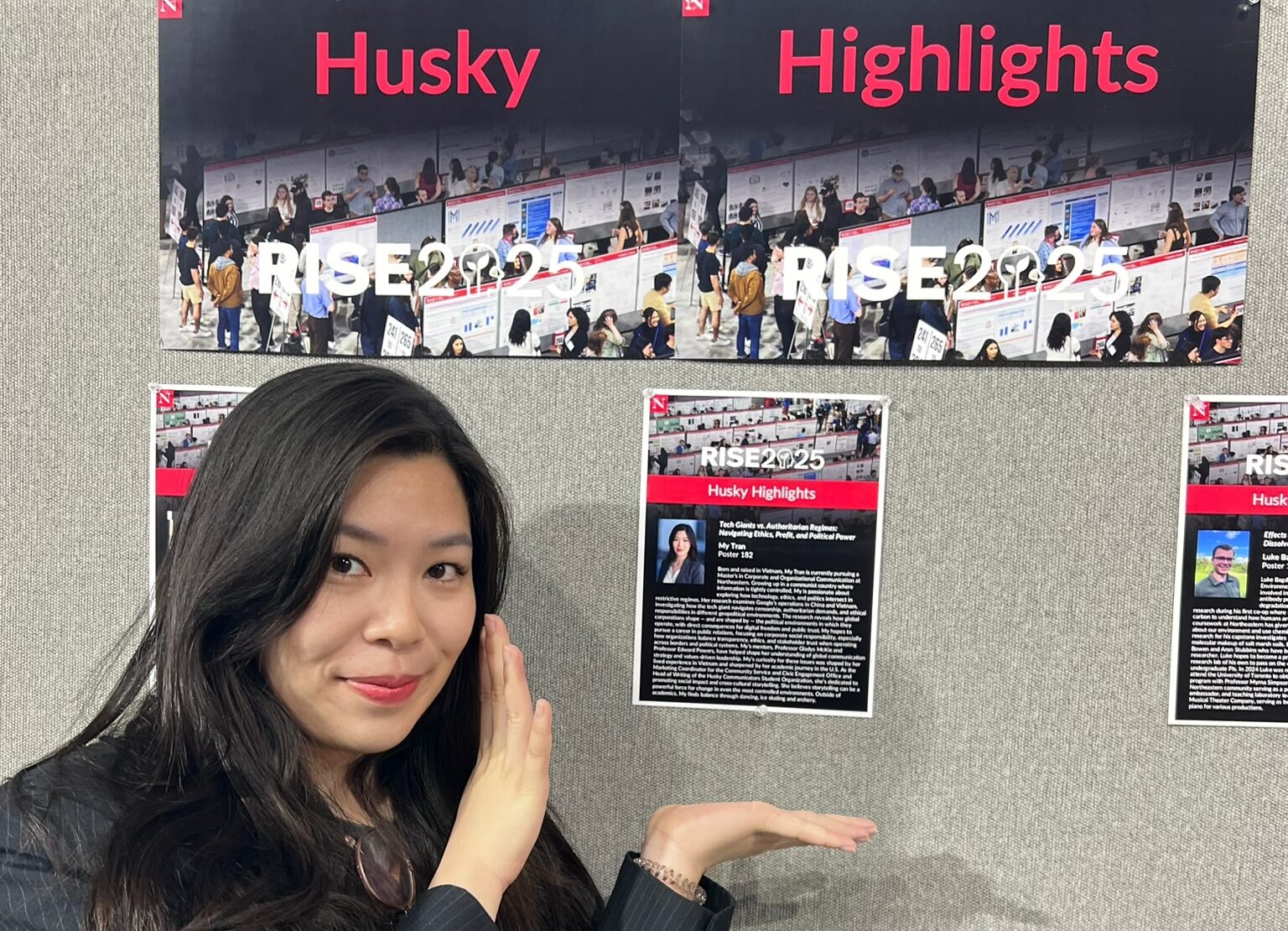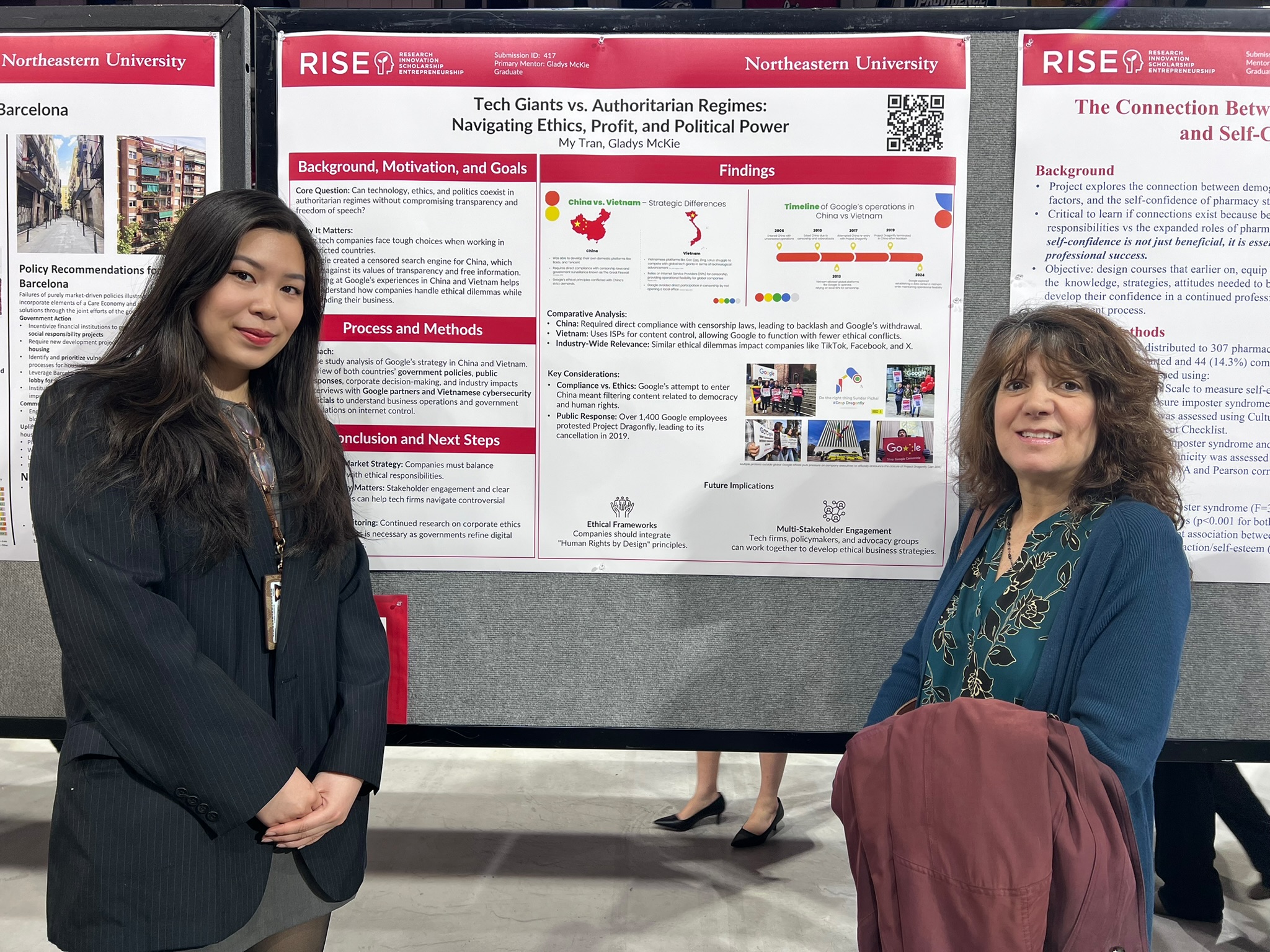Exploring Google’s Uneven Path in Asia

A recent interview with My Tran, a CPS graduate student from Vietnam, has shed light on the contrasting experiences of Google in both China and Vietnam, and what these differences reveal about technology, censorship, and corporate responsibility in different countries.
Tran’s work began in an organizational communication class, inspired by Google’s controversial Project Dragonfly, a censored search engine designed for the Chinese market. While Google ultimately failed to establish a foothold in China due to the government’s ability to create its own robust search engines, Tran noted that Google has thrived in Vietnam for over a decade. The key difference, Tran explained, was Vietnam’s lack of technological and human resources at the time, which led the government to rely on state-owned internet service providers to handle content censorship, rather than demanding Google do it directly.
Tran also uncovered that Vietnamese users could bypass government censorship relatively easily using VPNs, a workaround less successful in China, where homegrown platforms dominate and citizens are less aware of the global internet landscape.
Reflecting on the ethical challenges faced by tech companies, Tran emphasized the tension between profit and human rights. She cited significant backlash against Google’s censorship efforts in China, including the resignation of 1,400 employees and months of protests, ultimately leading Google to abandon Project Dragonfly.
“This research really underscored to me the complex relationship between technology and human rights,” Tran said. “It is difficult to draw the line of where companies should define their commitment to different cultural interpretations of freedom and information.”
“I want to acknowledge and express my gratitude for Professor Gladys McKie, who was my advisor for this paper as part of her Ethical Issues in Organizational Communications class as well as Professor Ed Powers, who is the Organizational and Corporate Communications program lead. I never could not have received the opportunities I did to present this research if it was not for my amazing and dedicated professors at CPS.”
Tran, who previously worked in corporate social responsibility (CSR) roles in Vietnam, observed that both in Vietnam and globally, companies often prioritize profit over genuine social responsibility. She advocates for a “human rights by design” approach, urging tech companies to consider the well-being of users before their own interests, a principle she acknowledges is still more ideal than reality.
Tran’s journey from Vietnam to the U.S. for her master’s degree has given her a unique perspective on the evolving landscape of CSR and technology’s role in society. She notes that while Vietnam’s CSR initiatives have become more strategic since the COVID-19 pandemic, they remain largely reactive to public and governmental expectations.
Tran is set to complete her degree in June 2026, after a co-op placement later this year, and continues to explore the intersection of technology, ethics, and communication with the goal to one day help shape the future of CSR.





